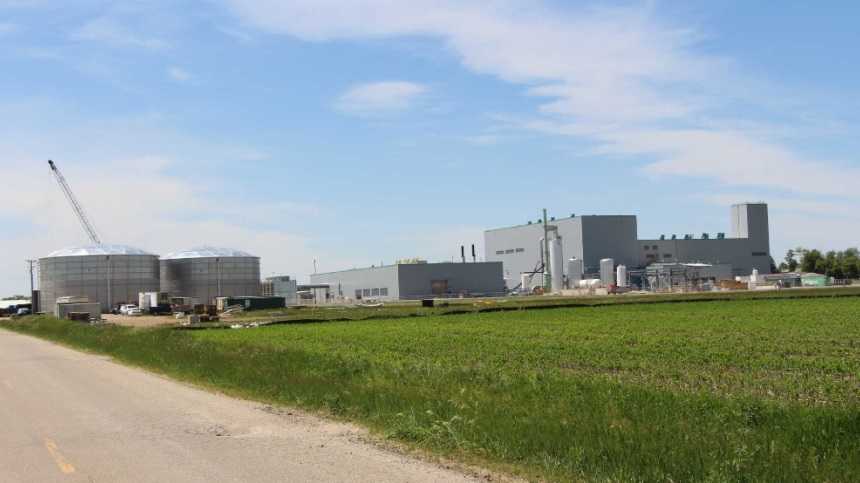What is Agriculture’s Role in Vaccine Advocacy?
The measles once again threatens immune-compromised populations in the U.S. less than 20 years since declaring it eradicated in 2000, writes David Frabotta at AgriBusiness Global.
The outbreaks first popped up in close-knit communities in states that allow people to refuse vaccinations for philosophical reasons in addition to religious and medical reasons. Medical exemptions exist for those with severe allergies to ingredients in the vaccination or for children with severely compromised immune responses, for example those receiving chemotherapy or long-term immunosuppressive therapy. For these patients, contracting measles could be a death sentence, but they were protected for almost 20 years through herd immunity.
Measles has little chance of circulating when vaccination rates are about 94%. But in southern Washington on the border of Oregon and 10 miles from Portland, the state’s largest city, Clark County vaccination rates have reportedly fallen to 78% as a result of anti-vaccination movements.
It only took a generation for the disease to re-emerge, and in 2019, measles cases rose more than fourfold versus 2018 to the highest level since 1992. Many state and local governments, including Washington state and New York City where another measles outbreak occurred, now require children to be vaccinated for measles to attend public schools as a response to the outbreaks and have rescinded philosophical exemptions. Religious and medical exemptions still exist in most places.
Continue reading at AgriBusiness Global.





